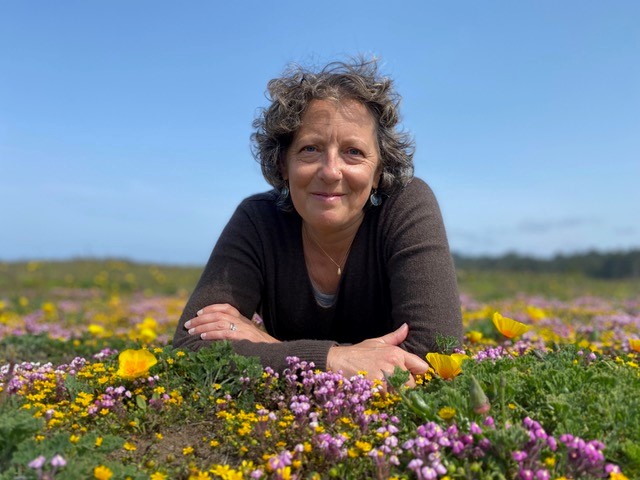Leigh-Anne Lehrman remembers how her heart raced when she first heard she had breast cancer. When she learned it was triple-negative—one of the hardest forms of the disease to treat—she broke out in a cold sweat. “Just the word ‘cancer’ sent my body into a fight-or-flight response that was totally unhelpful,” she recalls.
But then her medical training kicked into gear. As a doctor of naturopathic medicine and physician assistant, Lehrman knew how she could help herself.  She needed to calm her body. She needed to clear her mind so she could process new information while also mentally and physically preparing for surgery, chemotherapy and potentially radiation. She also needed to boost her immune system to avoid getting sick. “I took advantage of the best of what modern medicine has to offer while also benefiting from mind-body medicine and lifestyle changes,” she says.
She needed to calm her body. She needed to clear her mind so she could process new information while also mentally and physically preparing for surgery, chemotherapy and potentially radiation. She also needed to boost her immune system to avoid getting sick. “I took advantage of the best of what modern medicine has to offer while also benefiting from mind-body medicine and lifestyle changes,” she says.
Now cancer-free, Lehrman wants more people to know about mind-body medicine. She recently teamed up with Gina Serraiocco, an integrative and internal medicine doctor with the Palo Alto Medical Foundation, to teach holistic medicine techniques to people newly diagnosed with, or in active treatment for, breast cancer. Their “Integrative Medicine Breast Cancer Support” shared medical appointments cover a wide range of research-supported methods to minimize side effects and optimize outcomes.
“This series is unique because we’ve brought everything together in one place. People can ask about herbs or reiki or gut microbiome without judgement, our advice is tailored to breast cancer, and our answers are scientifically sound,” said Lehrman. The group setting also creates a peer community that offers its members hope and empathy to combat feelings of isolation.
Like Lehrman, Dr. Serraiocco brings first-hand knowledge to bear; she credits complementary medicine with helping her recover after thyroid cancer and heal from fibromyalgia and chronic fatigue syndrome. “Mind-body medicine can do things that no single pill, whether pharmaceutical or natural, can do,” she said recently.
Mind-body medicine has been shown to support lower inflammation, blood pressure and stress hormone levels. It has also been correlated with increased cell regeneration and blood flow to organs and muscles. People who use at least one strategy have reported improved sleep, better digestion and less pain. These health basics can help patients stay more compliant with treatment and have a higher quality of life even during a difficult illness.
There are a wide variety of mind-body approaches that patients can explore to relieve anxiety and promote wellness. They include seated chi gong, guided imagery, meditation, non-sleep deep rest, relaxation, affirmations, prayer, energy work, breathwork, hydrotherapy, acupressure, reflexology and aromatherapy. Many of these techniques are explored in the group sessions.
The shared medical appointment series also clarifies the ‘dos’ and ‘don’ts’ of dietary supplements and herbal therapies. “It is estimated that eighty percent of cancer patients take at least one supplement but more than half don’t tell their doctors,” said Serraiocco. “That’s dangerous when you consider that some nutraceuticals, B12 and fish oil for example, may actually increase breast cancer recurrence when used concurrently with chemotherapy.”
Lifestyle modification is the final topic covered in the group sessions. This includes discussions about nutrition, exercise and environmental toxins. Serraiocco, who is also certified in functional medicine, says that things like glucose and melatonin levels, intermittent fasting, and exercise intensity all have a contributing role in the fight against cancer. To learn more about or register for the Integrative Medicine Breast Cancer Support shared medical appointment call (650) 853-2250.





